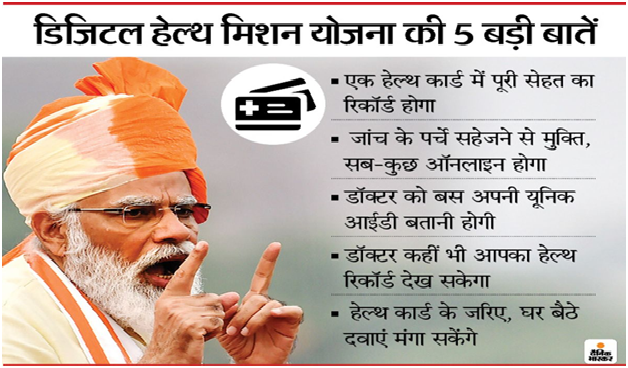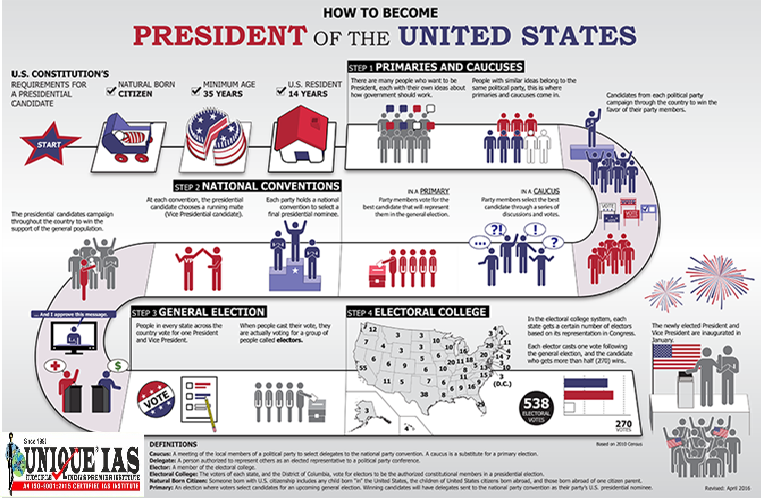Copyright of Religious Texts
Why in News
The Delhi High Court has found large-scale infringement in the reproduction on the Internet of copyrighted works of the Bhaktivedanta Book Trust, which publishes books and commentaries on Indian religious philosophy and spiritualism, especially classic Vaishnava texts.
Important Points
- In an order, the court allowed the trust to approach tech companies Google and Meta with takedown orders against those reproducing copyrighted works on the Srimad Bhagavad Gita.
About the trust:
- The Bhaktivedanta Book Trust was established in 1970 by Bhaktivedanta Swami Prabhupada (Srila Prabhupada).
- He also founded the Gaudiya Vaishnava religious organisation International Society for Krishna Consciousness (ISKCON), colloquially known as the Hare Krishna Movement.
Are religious texts protected by copyright?
- Religious scriptures are in the public domain, and in copyright law, no exclusive intellectual property rights apply to creative works in the public domain.
- So, the Old Testament and New Testament, or the King James Version (KJV) of the Bible, one of the most widely used translations of the Bible, are not protected by copyright.
- However, many modern translations of the Bible are copyright-protected because they represent new creative works by the translators.
- For example, the New International Version (NIV), which was first published in 1978, is copyright-protected.
- Permission would be needed or the terms set by the holder of the copyright would have to be followed in order to use the NIV text for certain purposes.
- While the Ramayana and Mahabharata are not protected by copyright, the television series Ramayana created by Ramanand Sagar or B R Chopra’s Mahabharata are transformative works that would be protected.
The copyright law in India:
- Indian copyright law protects original work, a creative and independently created expression fixed in a tangible medium.
- The law grants the creator/ author of the work the exclusive right to use, reproduce, distribute, perform, and display their work.
- The law also protects transformative work which is a creative/ artistic work that takes existing material (text, music, art) and significantly modifies, reinterprets, or builds upon it to create something new and distinct.
---------------------------------



.jpg)


.jpg)
.jpg)





